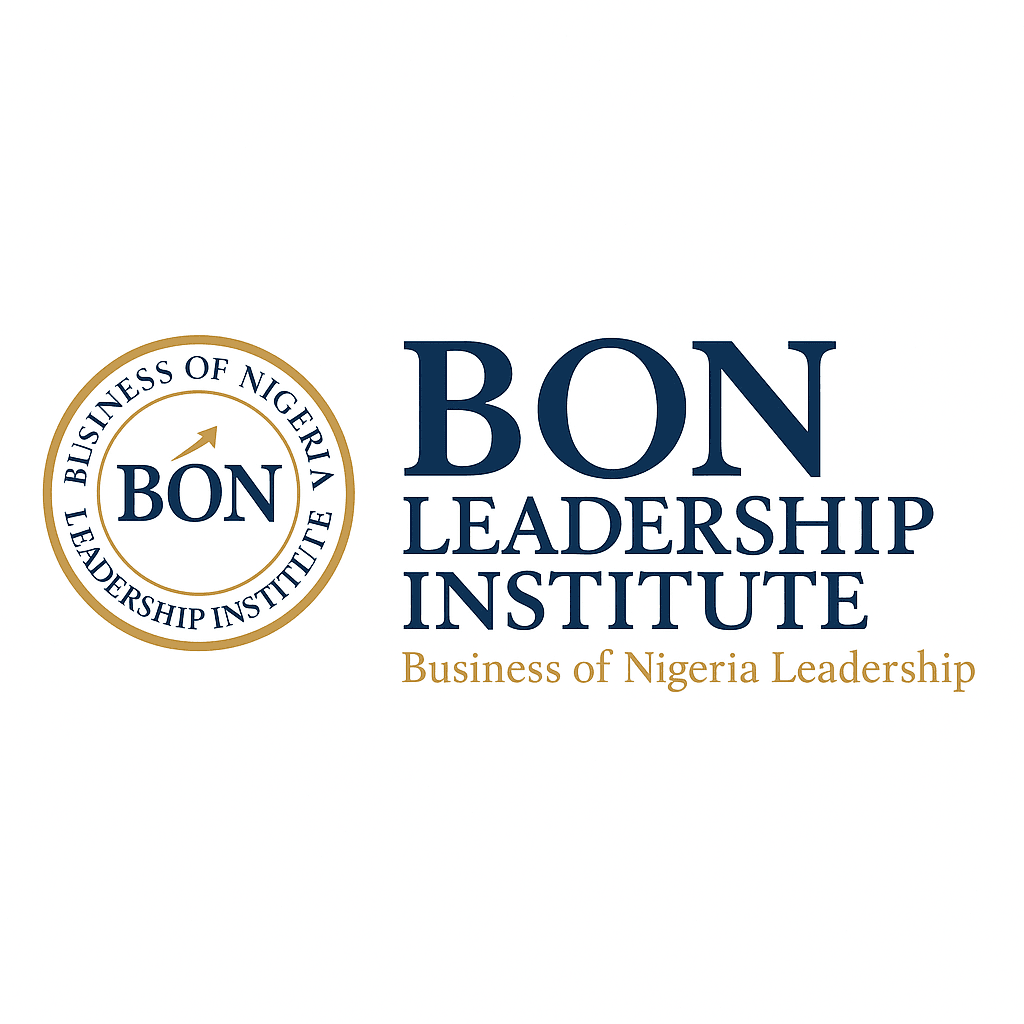Emerging Trends in Ethical Leadership: What Future Leaders Need to Know
Understanding Ethical Leadership
In today's rapidly evolving business landscape, ethical leadership has become more crucial than ever. Future leaders must navigate a complex world where business success is intertwined with ethical practices and social responsibility. But what does ethical leadership entail, and how can upcoming leaders prepare themselves for this responsibility?
Ethical leadership is about more than just adhering to a set of rules or standards. It involves a commitment to integrity, transparency, and fairness in all business dealings. Leaders who prioritize ethics create an environment that fosters trust and accountability, which are essential for long-term success.

Key Trends in Ethical Leadership
Emphasis on Corporate Social Responsibility (CSR)
One of the primary trends in ethical leadership is the growing emphasis on Corporate Social Responsibility (CSR). Companies are increasingly expected to contribute positively to society and the environment. This involves initiatives like reducing carbon footprints, engaging in fair trade, and investing in community development. Future leaders need to integrate CSR into their business strategies to meet these expectations.
Transparency in Communication
Transparency has become a cornerstone of ethical leadership. Consumers and employees alike demand open and honest communication from businesses. Leaders must be willing to share information about company practices, challenges, and successes. This transparency builds trust and strengthens relationships with stakeholders.

Developing Ethical Leadership Skills
Commitment to Continuous Learning
To effectively lead ethically, future leaders must commit to continuous learning. Staying informed about ethical standards, industry trends, and global issues is essential. Leaders should seek out educational resources, attend workshops, and engage in discussions that challenge their perspectives and expand their understanding.
Fostering an Inclusive Culture
An inclusive culture is integral to ethical leadership. Leaders must recognize the value of diversity and strive to create a workplace where all individuals feel respected and valued. Encouraging diverse perspectives leads to better decision-making and innovation, benefiting both the organization and its stakeholders.

The Role of Technology in Ethical Leadership
Technology plays a significant role in shaping ethical leadership. With the rise of digital platforms, leaders must navigate issues like data privacy and cybersecurity. Ensuring that technology is used responsibly and ethically is critical. Future leaders should prioritize ethical considerations when implementing new technologies.
Moreover, technology can aid in promoting transparency and accountability. Tools like blockchain for supply chain transparency or AI for unbiased decision-making can support ethical leadership practices.
Conclusion
The future of leadership is rooted in ethical practices that prioritize the well-being of people and the planet. By embracing trends such as CSR, transparency, continuous learning, inclusivity, and responsible technology use, future leaders can steer their organizations towards sustainable success. As the business world continues to evolve, the importance of ethical leadership will only grow stronger, shaping a more equitable and just society.
